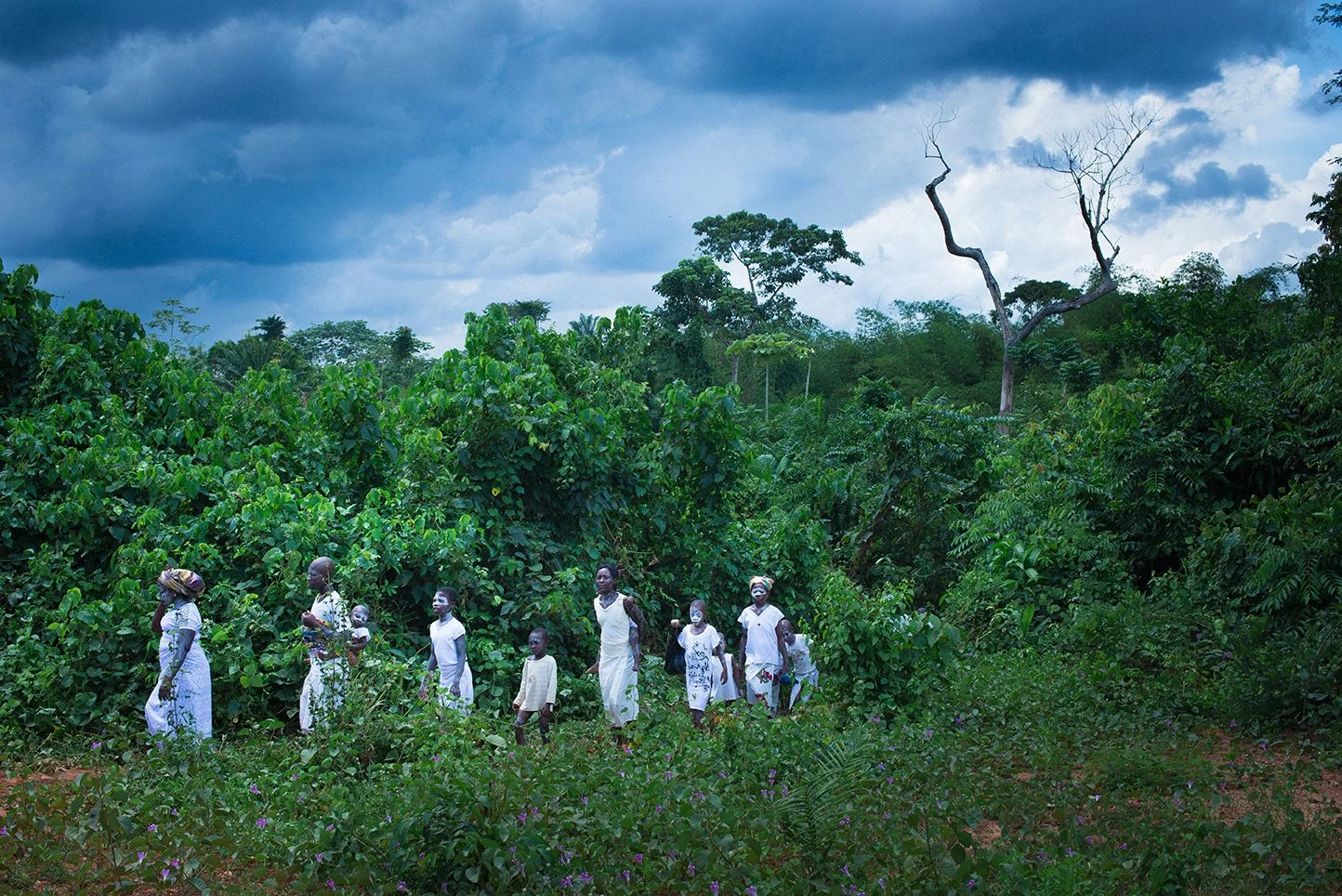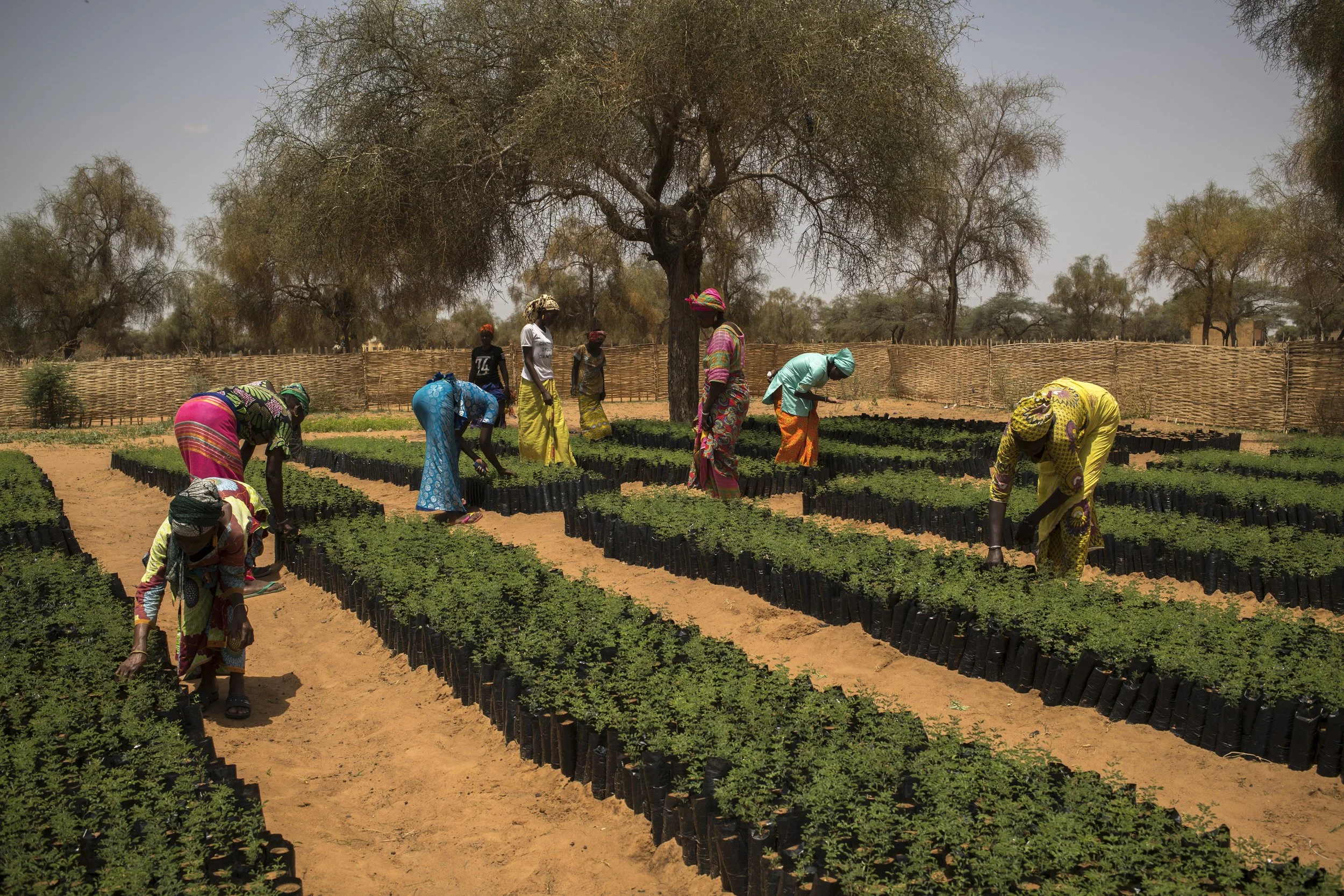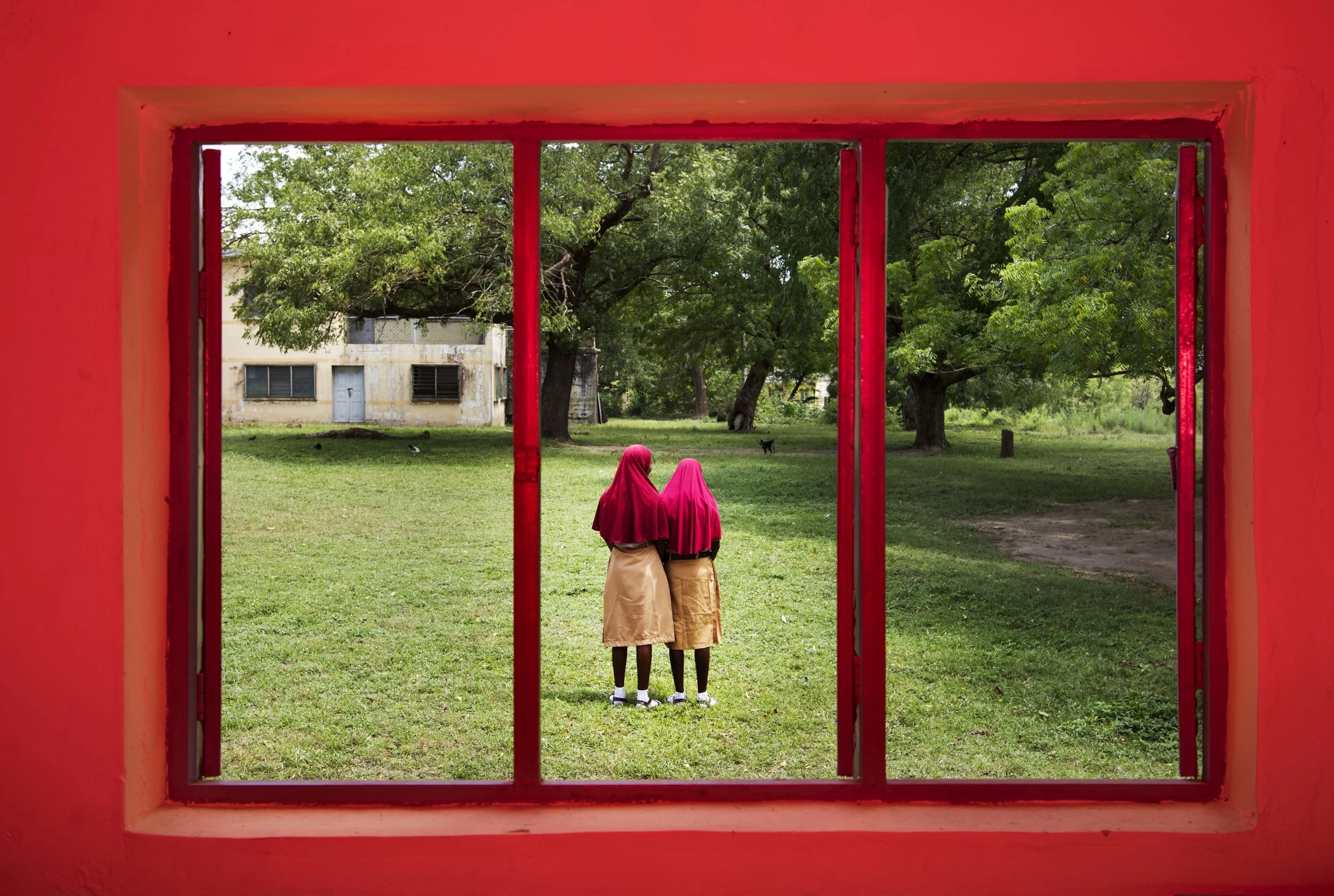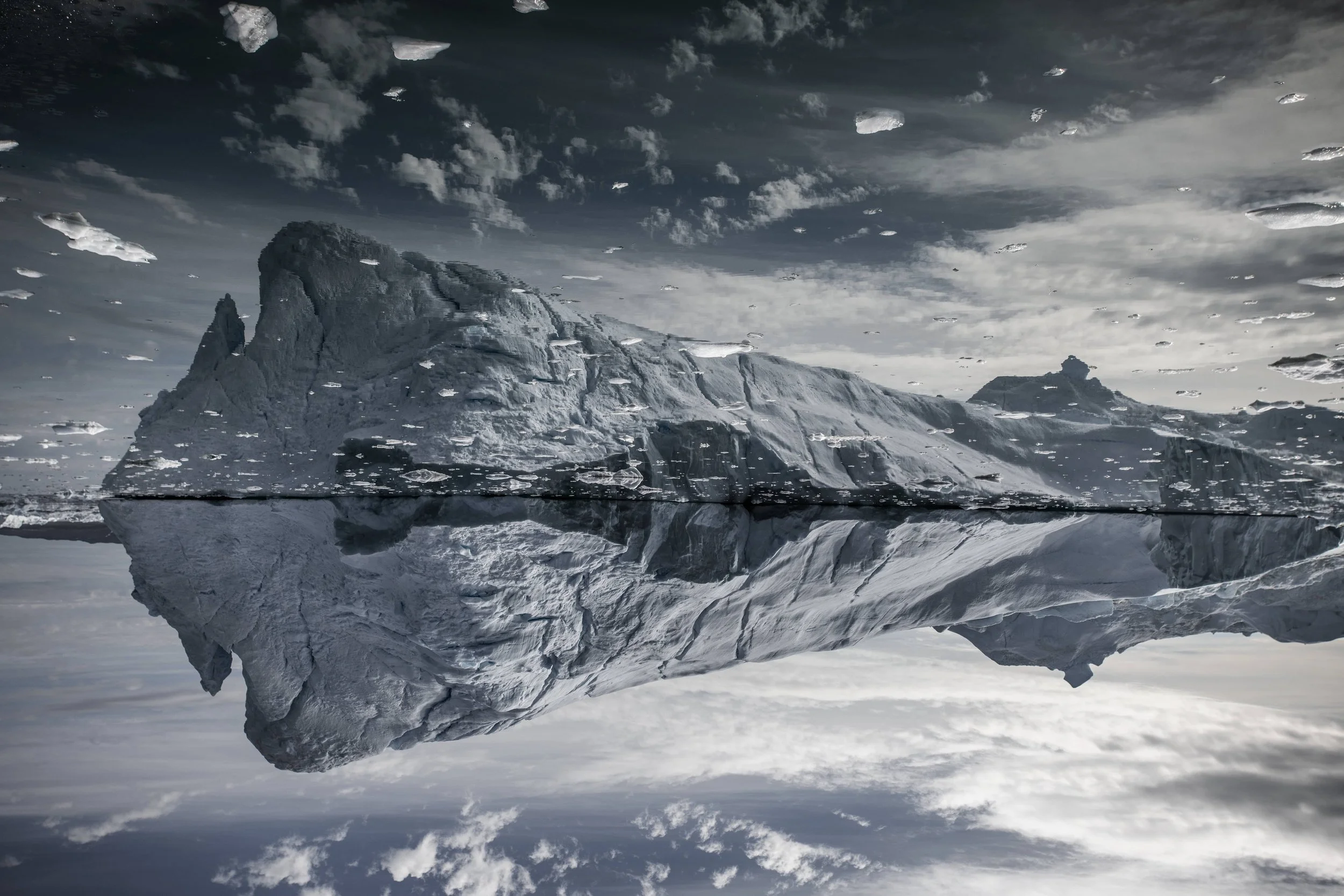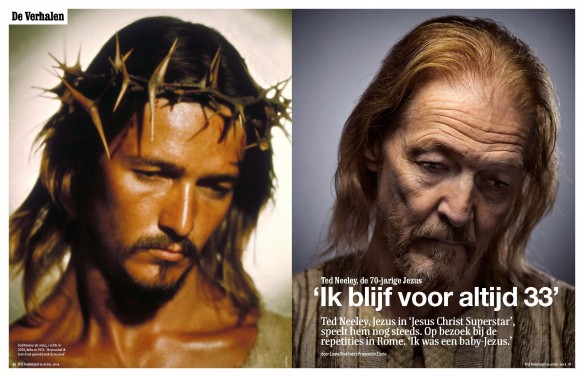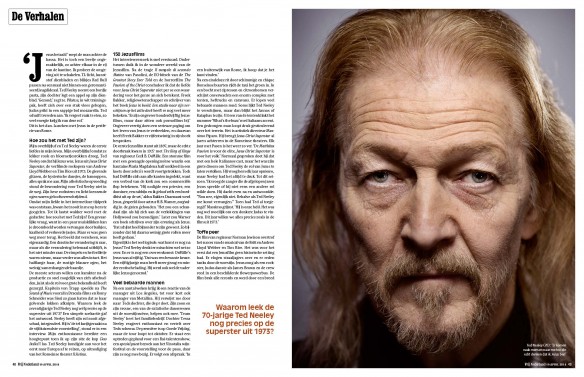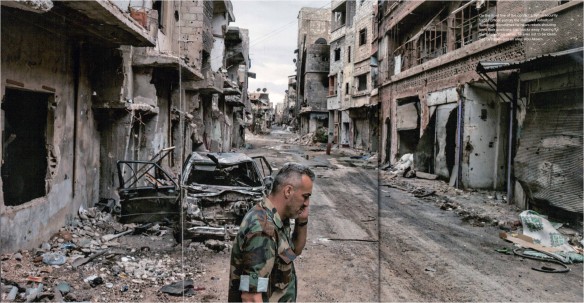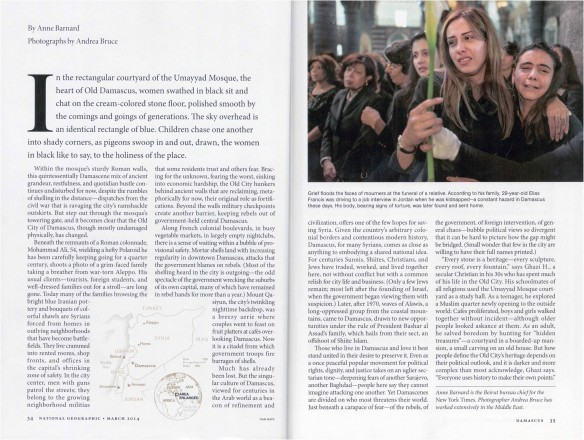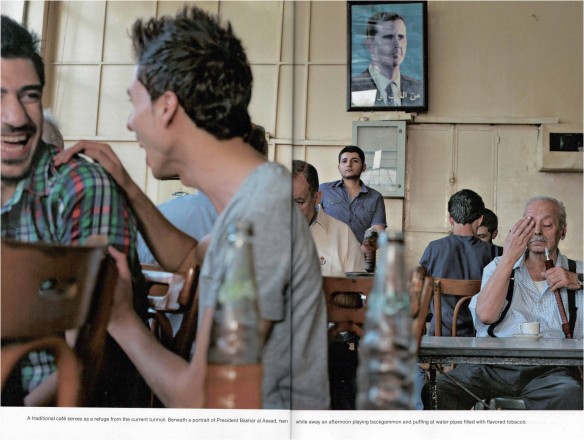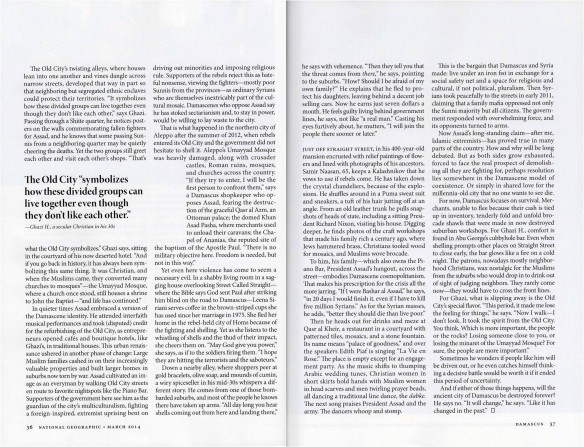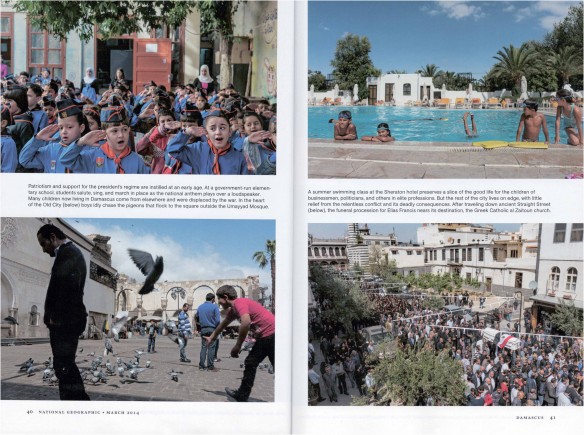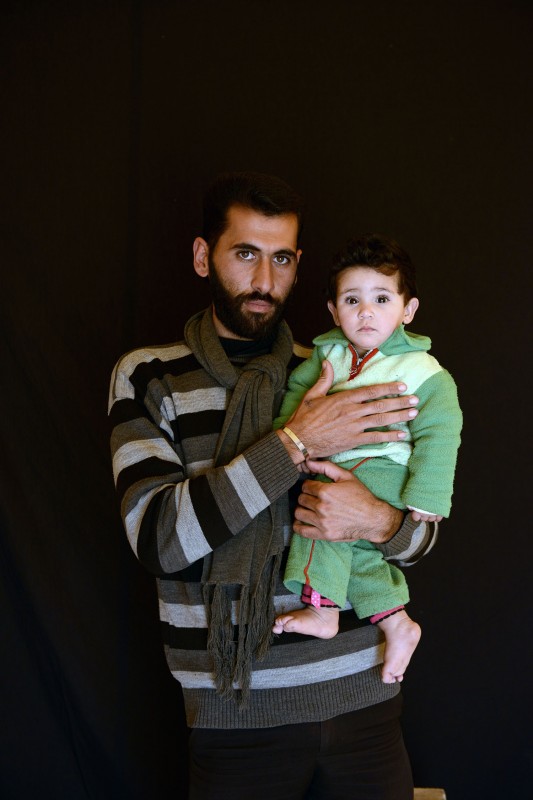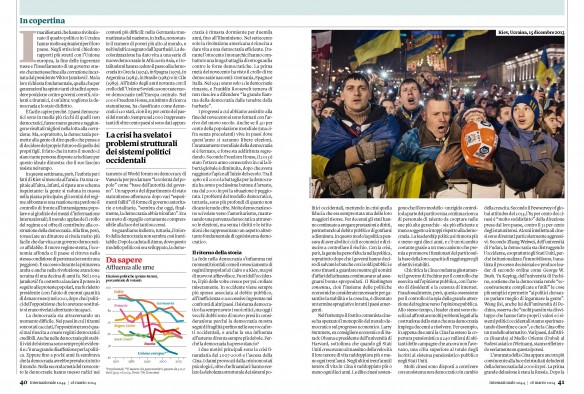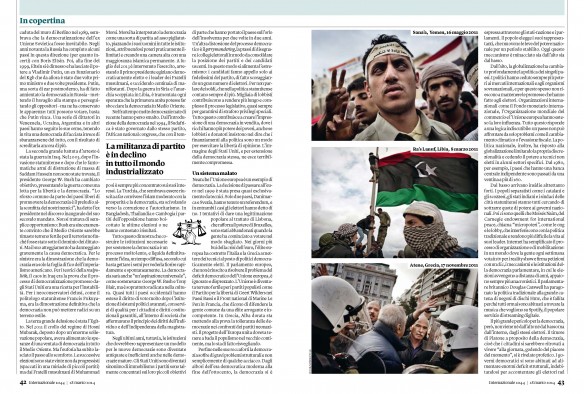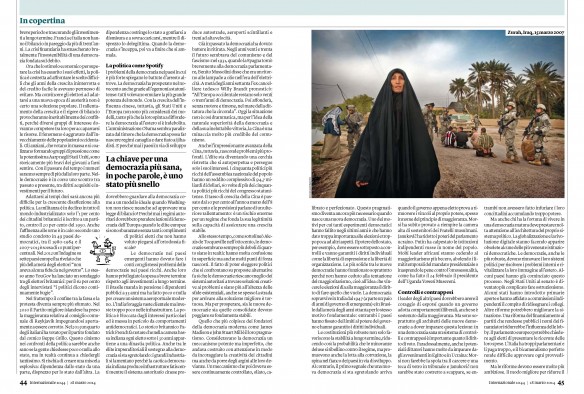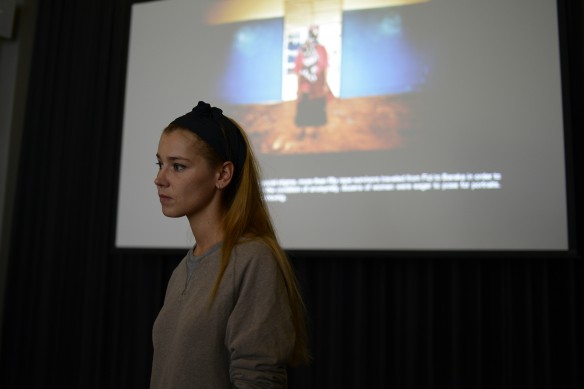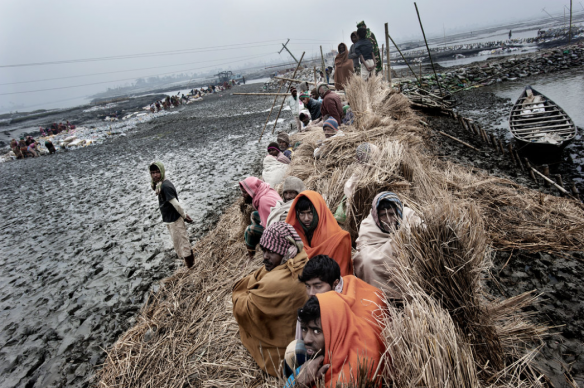Russian interpreter Andrei Mironov and photojournalist Andrea Rocchelli were killed in eastern Ukraine by a mortar attack in rebel-held Slavyansk on Saturday. Andrei Mironov was a fixer for many journalists in Chechnya, including NOOR's Stanley Greene.
Andrei Mironov was a former Russian dissident and political prisoner during the Soviet era. Stanley took his portrait, above, in Moscow in 2006.
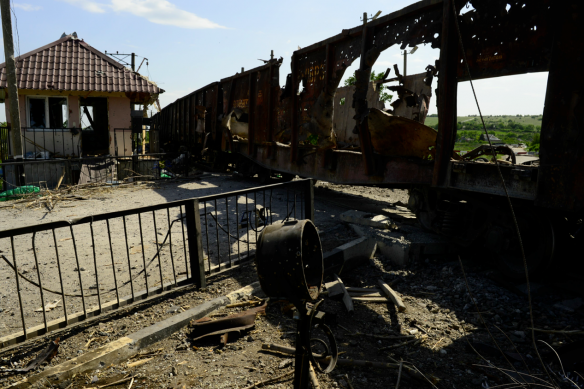
"He was a close friend, and someone I had spent time with over the years," wrote Stanley in an update to the NOOR office. "The irony is that it happened in the exact spot I was in the day before, trying to do the same picture of a destroyed train."
Andrea Rocchelli was the founder of Cesura agency. He is the first journalist to die in Ukraine since the crisis began.
"This place really drinks blood. Today I photographed ballots being burned by pro-Russian forces," wrote Stanley.
"The only way to honour Andy Rocchelli is to go back on the road, and keep on covering Ukraine," wrote journalist and Stanley's colleague Francesca Borri on her Twitter.
